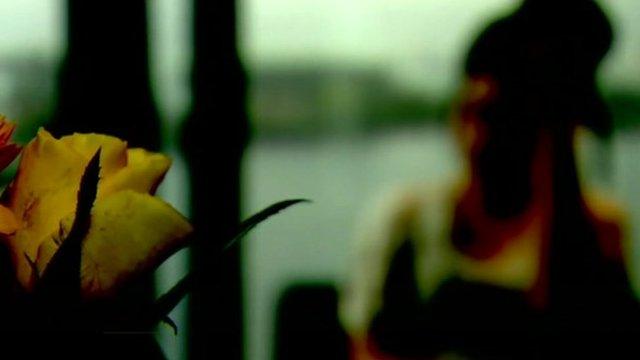Child sex exploitation 'social norm' in Greater Manchester
- Published
Ann Coffey MP: ''We should be judging the people who prey on these children, not the children themselves''
Child sexual exploitation has become a "social norm" within some areas of Greater Manchester, according to the author of a report ordered after the Rochdale grooming case.
It said girls in uniform were regularly stopped by men outside schools.
Inquiry chairwoman Ann Coffey MP said the "prevailing public attitude" blamed children, leading to 1,000 convictions from 13,000 cases over six years.
Home Secretary Theresa May has described the report as "alarming".
Ms Coffey has called for exploitation to be "declared a public health priority".
In her report - Real Voices - Ms Coffey said explicit music videos, sexting and selfies could be "fuelling the increased sexualisation of children".
'Children are children'
The "normalisation of quasi-pornographic images... has given rise to new social norms and changed expectations of sexual entitlement," she said.
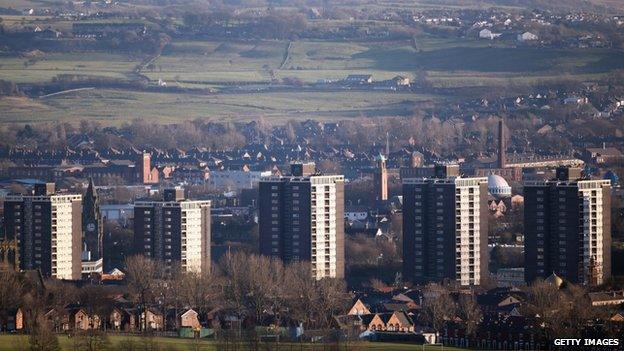
The report was commissioned after the Rochdale grooming case in 2012
"We need to get across the key message that whatever young people wear and however sexualised they appear, they are still children and need our protection."
During the inquiry, Stockport MP Ms Coffey spoke to young people who had been approached by men.
One told her: "I said: 'Can you not see I am a little girl? I am in my uniform'."
Ms Coffey said: "It is an everyday occurrence for [some young girls], something they find deeply upsetting, that older men are approaching them on the street inviting them into cars and in some instances touching them."
The girls told her: "Well it happens so often, so many men, what can the police do?"
"That indicates they are living in an environment where it is felt to be ok to go and touch, and harass, and pester girls in uniforms," added Ms Coffey. "That is what I mean by it being a new social norm.
"It completely horrified me, so unexpected."

Report's main recommendations:
Investigate why, out of 12,879 recorded sexual offences, only 2,341 were taken to court and why, of those, just 1,078 led to convictions
A review into questioning and tone of cross examinations by defence barristers in child abuse cases
Appoint a child sexual exploitation "champion" to work with police, councils and young people
Develop a strategic approach to tackle the issue, like those in place for smoking, obesity, alcohol and drug abuse
All police officers to receive child sexual exploitation training - currently 21% have been trained
Train members of the community, including pharmacists, park attendants, bus drivers and hoteliers, to spot signs of abuse
Spot checks at children's homes

The report raises concerns about the number of children reported missing, with 14,712 recorded from January until 17 September and highlights worries child exploitation is being under-reported.
It was commissioned by Greater Manchester Police and Crime Commissioner (PCC) Tony Lloyd to assess the improvements in protecting youngsters after nine men were jailed in 2012 for running a child sex ring in Heywood and Rochdale.
It found changes had been made, including a specialist team being set up by Greater Manchester Police (GMP).
"Progress has been made and changes are taking place... but the biggest changes needed are in culture and attitudes of us all," Ms Coffey said.
She was "alarmed" the Crown Prosecution Service (CPS) highlighted one girl who wore cropped tops and another being described as a "slag" by her father in cases that were declared No Further Action.
Police, social workers, prosecutors and juries all carry attitudes around with them, Ms Coffey said in the report.
Multiple investigations
The report has recommended a review of all such cases in the past year to examine the reasons no action was taken and find "areas for learning and training".
"This may reflect the difficulties of prosecuting these cases in court when prevailing public attitudes often still blame children and young people for their own sexual exploitation."
GMP is investigating 260 cases of suspected child sexual exploitation. Of those, 174 have been recorded as crimes and 18 involve multiple suspects.
The report says young people are key to helping to tackle exploitation because police, the justice system and children's services "alone cannot succeed in protecting children".
It suggests there should be a show on a youth radio station to discuss issues surrounding exploitation.
PCC Mr Lloyd said: "For too long their voices were ignored or, worse, dismissed by the system. This report starts to redress that balance."
Chief constable of GMP Sir Peter Fahy said tackling the sexual exploitation of children and young people was "an absolute priority".
He said specialist training was being rolled out across the force but protecting youngsters was "the responsibility of us all".
"It is crucial that we work together to identify individuals who prey on vulnerable children and empower young people to speak up."
'Focussing on stereotypes'
Nazir Afzal, chief prosecutor for the CPS in the north west said the "conviction rates for child sex exploitation are the highest ever" but there was still more work to do.
"Hundreds if not thousands of children have not been listened to for years or haven't been believed.
"Therefore, our duty is to build strong cases and bring these people to justice," he said.
A lawyer who represented some of the victims of Rochdale grooming case said many youngsters who are assaulted never report it.
Molly Whittal said there was a problem with the way some vulnerable youngsters are perceived.
She said even though there are lessons to be learnt from the Rochdale case, prosecutors still seem to be "focussing on stereotypes" when deciding not to take further action in some cases - a situation she described as "unacceptable".
- Published30 October 2014
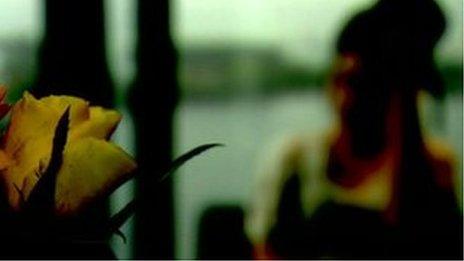
- Published29 October 2014
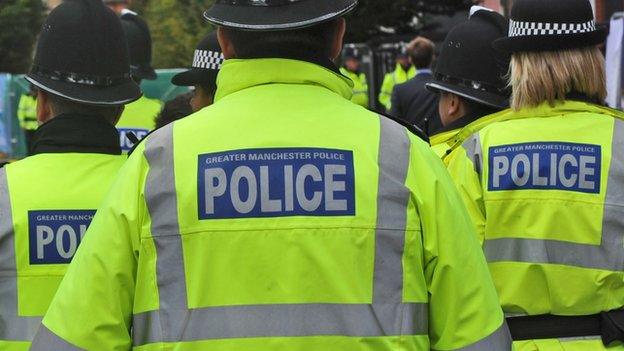
- Published15 October 2014
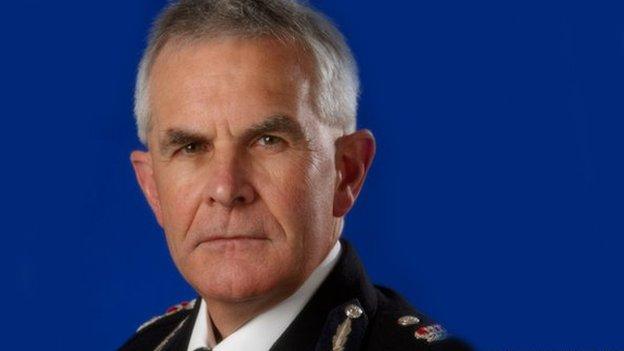
- Published17 March 2014

- Published5 February 2014
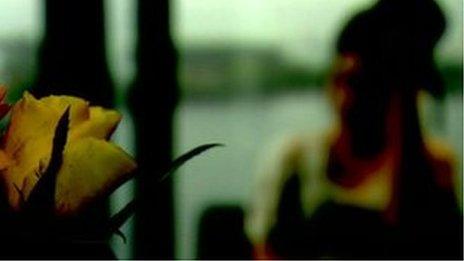
- Published20 December 2013
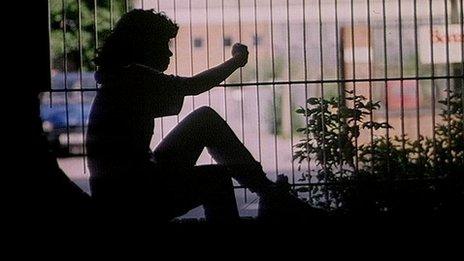
- Published27 September 2012
